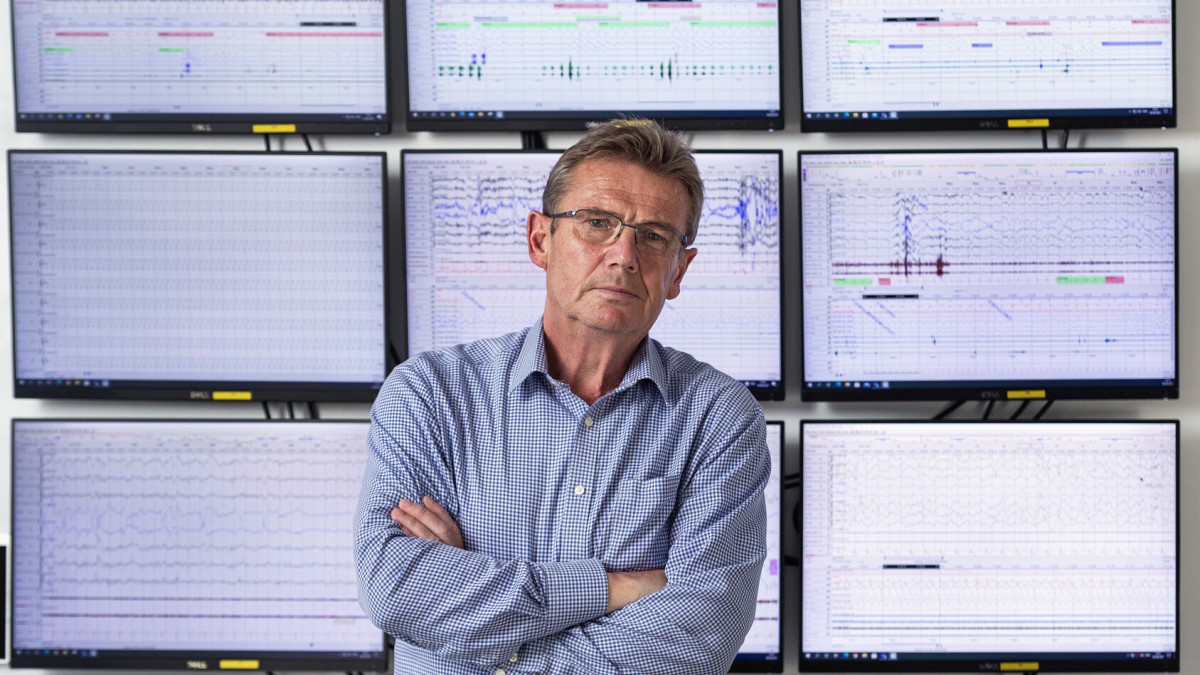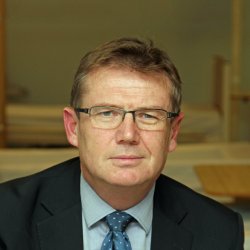Studying sleep: the medicine of the night
Professor Derk-Jan Dijk, Professor of Sleep and Physiology, Director Surrey Sleep Research Centre, reveals how new technologies are allowing researchers at Surrey to understand and improve people’s health.

"The University is home to the Surrey Sleep Research Centre and the UK Dementia Research Institute – both leaders in their field"
Technology and sleep
If you really want to know how well someone is, don’t ask them “How are you?”. Ask them “how are you sleeping?”
Sleep, and our circadian rhythms, are an incredibly valuable indicator of physical and mental wellbeing.
We can learn a huge amount about people’s health through monitoring their bodies at rest. For example, changes in body temperature and blood pressure overnight may be early indicators of a range of diseases.
Today’s technology makes monitoring these factors possible. Wearable and “nearable” sensors, tucked under a mattress, provide valuable data while minimising disruption to everyday lives.
Already, we use sensors in the homes of dementia patients to monitor their movements. If someone is up and making breakfast at 3am, that may demonstrate their confusion. What you do with that information varies - for some patients, it might mean an alert should be sent to carers immediately. In a bipolar patient, when a sensor records increased activity, it may denote the patient is reaching a manic phase. This then allows timely support to be provided.
As well as supporting these immediate responses, there is much to be learned from longitudinal data – comparing what the sensors have recorded with other information about a patient’s condition and wellbeing. This doesn’t just provide insight for the individual’s care but can also be used to inform wider research into the factors that lead to disease or aggravate a condition.
For the doctors of tomorrow, this technology presents challenges and opportunities. How do you explain to patients how to use the sensors? How do you incorporate the data from them into everyday care decisions? And what are the limitations of the different devices available?
Leading research
At the School of Medicine, we’re in a unique position to explore these issues. The University is home to the Surrey Sleep Research Centre and the UK Dementia Research Institute – both leaders in their field. We also have a wealth of expertise in digital health, studying both the devices and sensors and the way the data they generate can be explored and used within healthcare.
